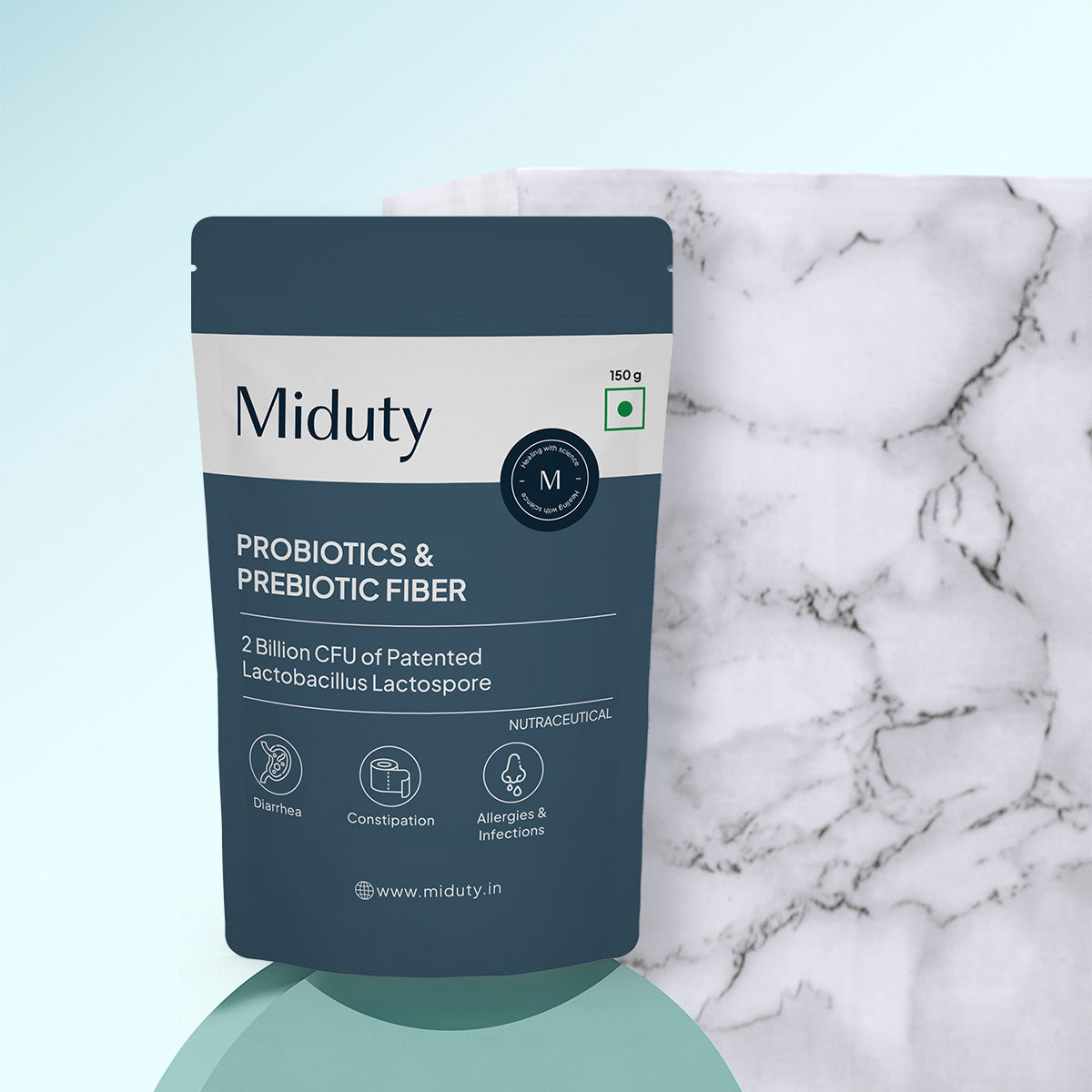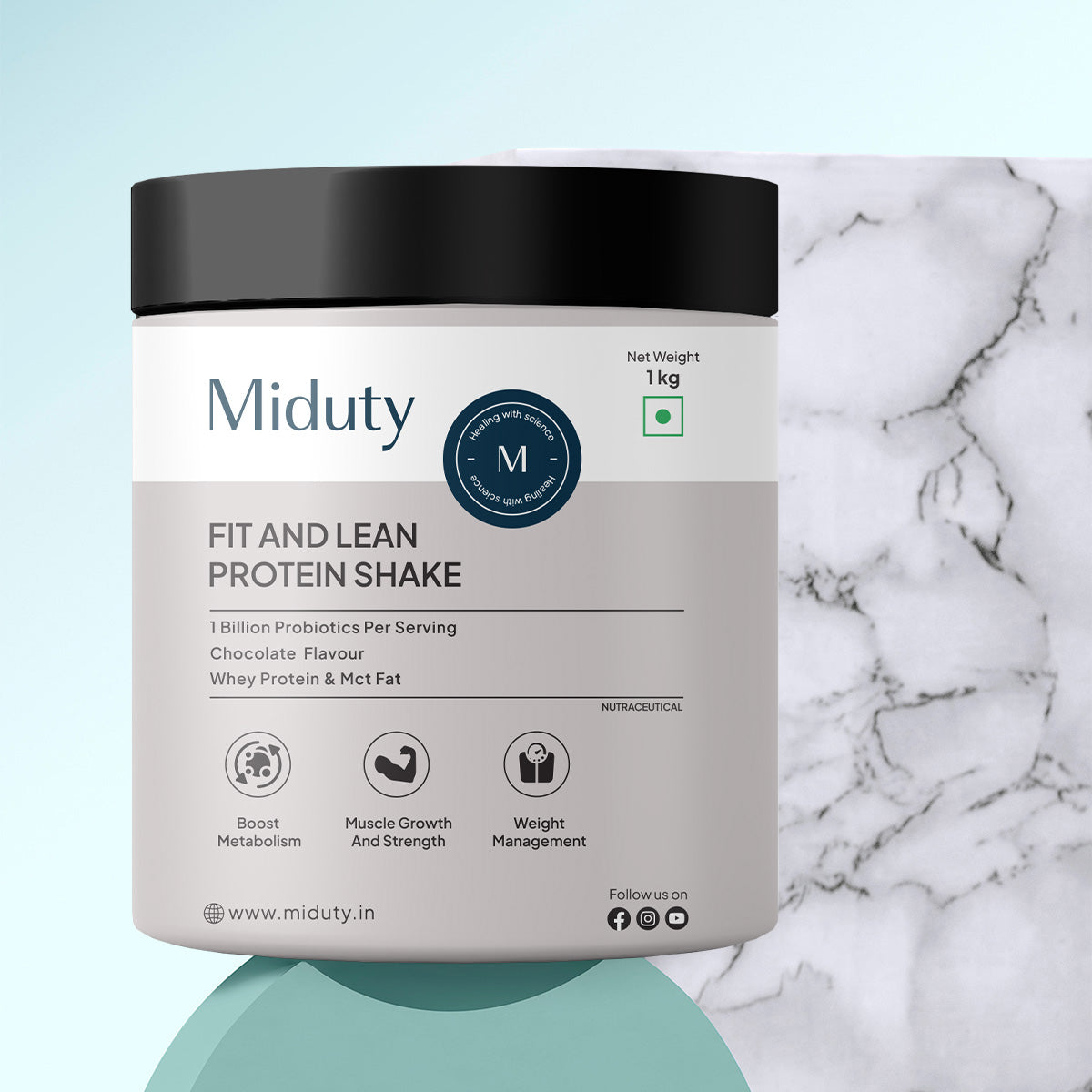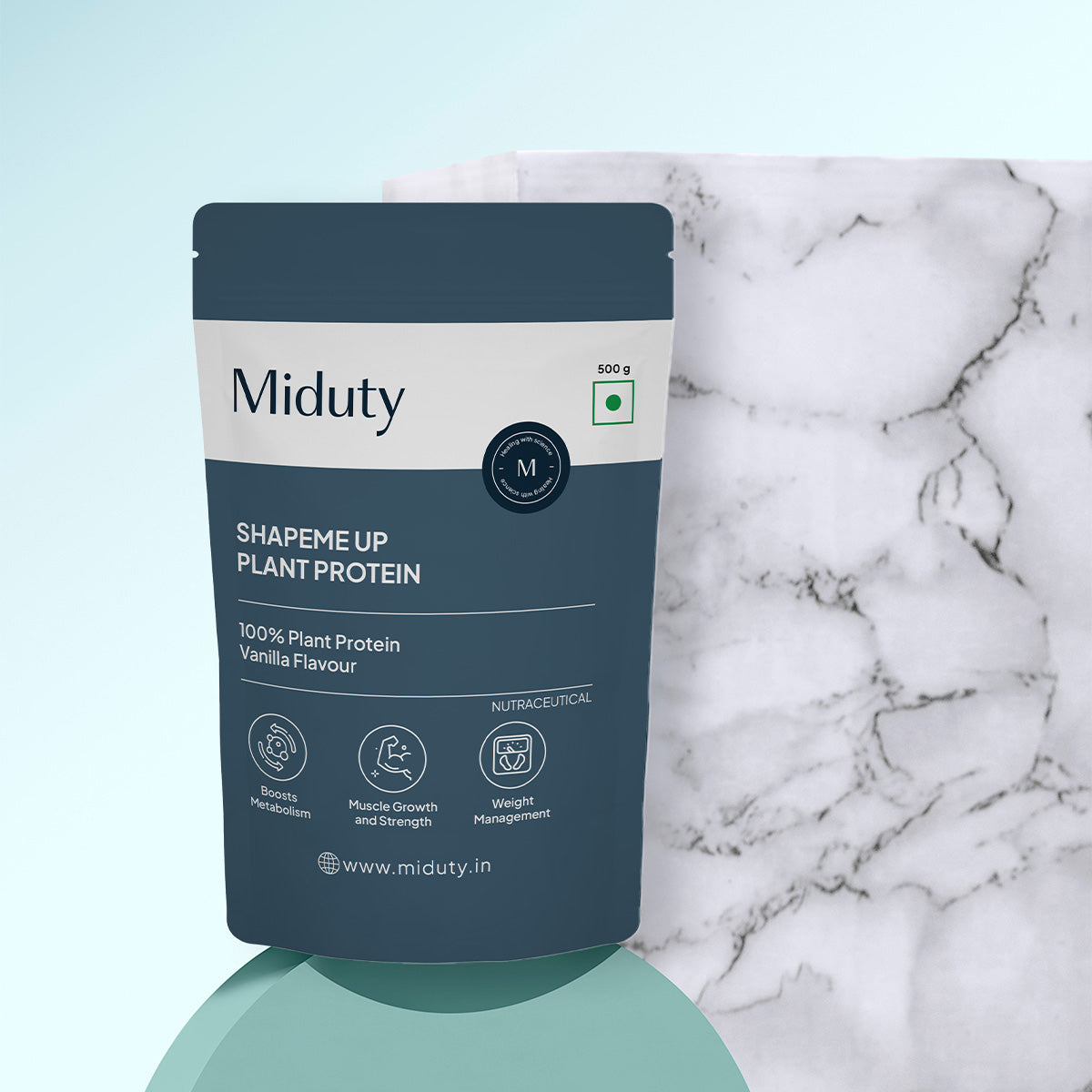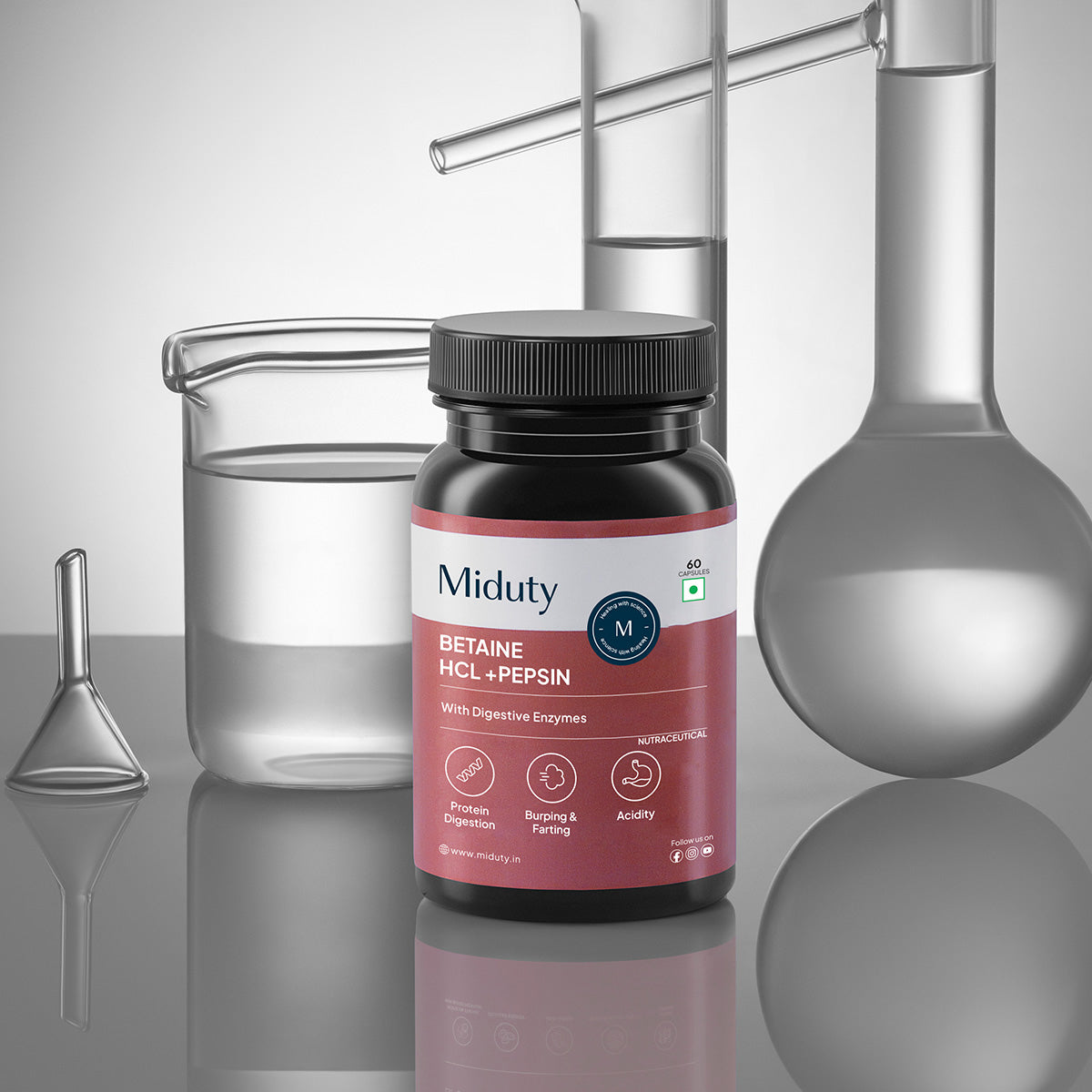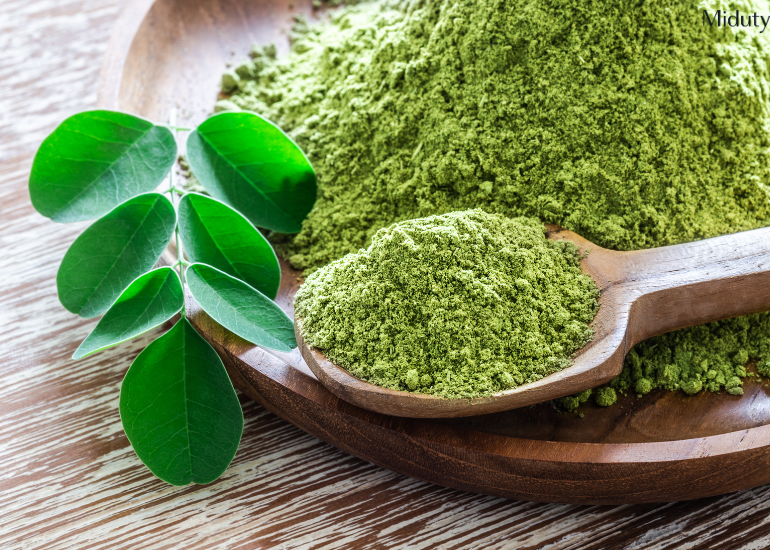
The Real Reasons For Avoiding Wheat (It's not just Gluten Free!)
Our ancestors ate Wheat and had a healthy life. Why is everyone suddenly talking about “Gluten Free... Is Gluten Free real?" How is wheat triggering diseases? Here you will find the answers to all those questions. I know this decision of cutting out wheat-based products is not easy. It's hard to implement. The majority of the population is still consuming wheat.
You can go “Wheat Free”, but then your friend invites you to dinner, or you go to the coffee shop with your buddy and everything is still wheat based. It's as hard if not harder than it sounds, but not impossible. It requires a shift in lifestyle.
Reason 1
Your Wheat Could Be GMO (Genetically Modified)
The term "GMO" means its Genes has been modified. Consumption of GMO's is so risky that some countries have outlawed the practice of GMO farming. Wheat is not always GMO but the most famous foods that are GMO are:
- Corn
- Soy
- Sugarcane
- Sausages
Solution: Avoid these foods and if possible buy organic. If the food is labeled organic it should not be GMO. Wheat is exposed to a toxic chemical called glyphosate (herbicide) that releases more seeds resulting in a slightly greater yield.
In the USA a company called Monsanto brought Glysophate to the market in 1974 under the trade name Roundup. Roundup significantly disrupts the functioning of beneficial bacteria in the gut and contributes to the permeability of the intestinal wall and consequent expression of autoimmune disease symptoms.
Reason 2
The protein In Wheat Called GLUTEN
Gluten is a protein found in grains such as wheat, rye, and barley. Yes! Not all proteins are good for your body. It gives elasticity to dough, helping it rise and keep its shape and often gives the final product a chewy texture. In the absence of gluten, the bread or your roti will not be that chewy. But, everyone talking about gluten all of a sudden and why it is a problem.
One must understand that man evolved as a hunter. Our ancestors used to kill wild animals and eat wild fruits. But, as the population of this earth grew agriculture came into the picture. As our dependency on the grains increased, the diseases increased.
What Gluten Does To Our Bodies:
1. Gluten prevents absorption of nutrients, leading to the deficiency of nutrients, which becomes the major cause of all diseases.
2. Gluten can deplete your Vitamin D levels.
3. Gluten interferes with the functioning of the thyroid.
4. Gluten also affects brain performance as it lowers the blood flow to your brain.

Possible gluten intolerance symptoms include Brain Fog, Autoimmune Diseases, Dental Issues, Fatigue, Skin Problems, and Migraines
- Brain Fog
- Autoimmune Disorders
- Dental Issues
- Fatigue
- Skin Problems
- Migraines
Solution: Fermenting grains before cooking decreases the likelihood of gluten problems.
Reason 3
Avoid Wheat To Lose Weight
Weight loss is all about increasing metabolism and not feeling hungry soon. We should choose foods that will not give us insulin spikes so we will not feel hungry again too soon. Wheat starch causes larger spikes in blood sugar, hence causing food cravings sooner.
What Also Contains "Lectins"
Leptin is a hormone in the human body that turns off hunger. There are also studies showing that lectins contribute to leptin resistance which makes you gain weight. Increasing your leptin sensitivity is an important hack for losing weight.
Reason 4
Wheat Is Low In Nutrients
Grains definitely help people to survive from starvation, but here we are aiming not just to survive but to lead a disease free life. The more you substitute high nutrient vegetables and meat with low nutrient grains, the more health problems you will face. Some very important nutrients missing from the grains are: Essential Fatty Acids (EFA) - Important especially for brain health, found mainly in wild fish, egg yolks, grass-fed beef High-Quality Proteins - For maintaining your muscle mass found in whey protein, eggs, and grass-fed animals Essential B- Vitamin B12.
Reason 5
Anti-nutrients In Cereal Grains Like Lectins
Anti-nutrients, as the name suggests, are the ones that are ANTI to the nutrients. Yes! Your grains contain an anti-nutrient protein called lectin. Lectins bind to our joints giving us joint aches, irritate the gut, and lead to bacterial overgrowth in the body. Lectins are also present in nightshade vegetables like tomato, eggplant, and peppers. But once you cook these vegetables, lectins get destroyed. The lectins in grains are heat stable and cooking doesn't kill them.
What Grains To Eat Instead Of Wheat

All grains including rice, oats, millet, barley, quinoa, etc, should be consumed in very small quantities. They are not essential for our body. Our bodies get energy either from carbohydrates or from fats. Limiting carbohydrates would be the first step any weight loss nutritionist that would advise you to take. We need carbohydrates to fill the glycogen stores in our body. I am listing the grains that you can eat of carb re-feeding day here to fill your glycogen stores in order of their importance:
1. White Rice: White rice does not have any nutrients but it's also not full of anti-nutrients. It's the pure form of Starch. Just be sure to rinse the rice before cooking. Rinse it until the water runs clear. Yes! You will feel hungry sooner. I add some ghee on the top of rice or cook rice with ghee so as not to feel hungry again soon. Adding fats to your meals will give you more energy and trust me you will not become FAT (But, make sure it's the healthy Fats only!!)
2. Quinoa: It's a good source of complete protein for the vegetarians. It does not contain gluten. Vegetarians eat quinoa because of its protein content. Now, just imagine that one serving of Quinoa has 3 grams of protein while one serving of beef has 26 grams of protein. You can have quinoa now and then, but I do not recommend eating it daily. There are better sources of complete proteins without a dark side such as grass-fed beef and lamb.
3.Buckwheat: It does not have the same protein profile as Quinoa, that's why it is listed below Quinoa. If you have a strong gut or are used to eating buckwheat you can have it occasionally.
4.Oats: Oats are generally gluten-free. I am not sure why some manufacturers sell “Gluten Free” oats. Maybe they mean that these oats are not grown in the same field with wheat and hence they are completely “Gluten Free”. When I was trying to lose weight, I used to have oats with healthy fats like oats in coconut milk and Chia seeds in the morning.
But, I would feel hungry soon and it would sabotage my efforts to lose weight. I generally add those meals in my diet that will not make me hungry for 3 or more hours after eating them. So I replaced oats with sunny side up eggs with vegetables on the days I am not doing intermittent fasting.
5. Millet: Millet (Ragi) is gluten free but it contains a protein similar to gluten. So if you are replacing wheat with millet in your diet, I am sorry to inform you that it’s still hurting your body, just not the same way as wheat does. People with an underactive thyroid should avoid all foods that interfere with iodine uptake.

If you do not have enough iodine in your body, you cannot make enough thyroid hormone. Millet contains goitrogens that interfere with iodine uptake. People who are susceptible to underactive thyroid should avoid Millet and other grains.
The grains listed above should be consumed in moderation or try to limit them. Grains like Wheat, Rye, Barley, Corn should be completely avoided.
After reading this article, we can divide the whole population basically into 2 categories:
- Those who are suffering from any kind of autoimmune disease - Should avoid grains.
- Those who are not suffering from any disease - Should also avoid grains because it makes you more vulnerable to many diseases.
Conclusion
Whole grains contain phytates that bind to other minerals in the food. These minerals then can't be absorbed by the body. Mold toxins make you weak and fatigued. They are commonly found in wheat and nuts.
Avoiding grains not only helps you to lose weight but you will feel more calm, positive, and energetic. Grains, dairy, and oil-high in Omega 6 are the major cause of inflammation in the body.
Amongst all grains, white rice contains the lowest amount of anti-nutrients.
If you have digestive problems or suffer from autoimmune reactions consider the possibility that grains may be the hidden problem. I recommend adjusting the ratio of cereal grains to meat, vegetables, and fruits and see if the adjustment has positive effects on your health. Maybe you will feel more energetic or have fewer skin problems or reduced migraines.
In my opinion, you should supplement with vitamins, minerals, protein, and free fatty acids routinely in addition to avoiding grains. Above all, eat a varied diet and not too much of one thing. And, finally, exercise regularly.



